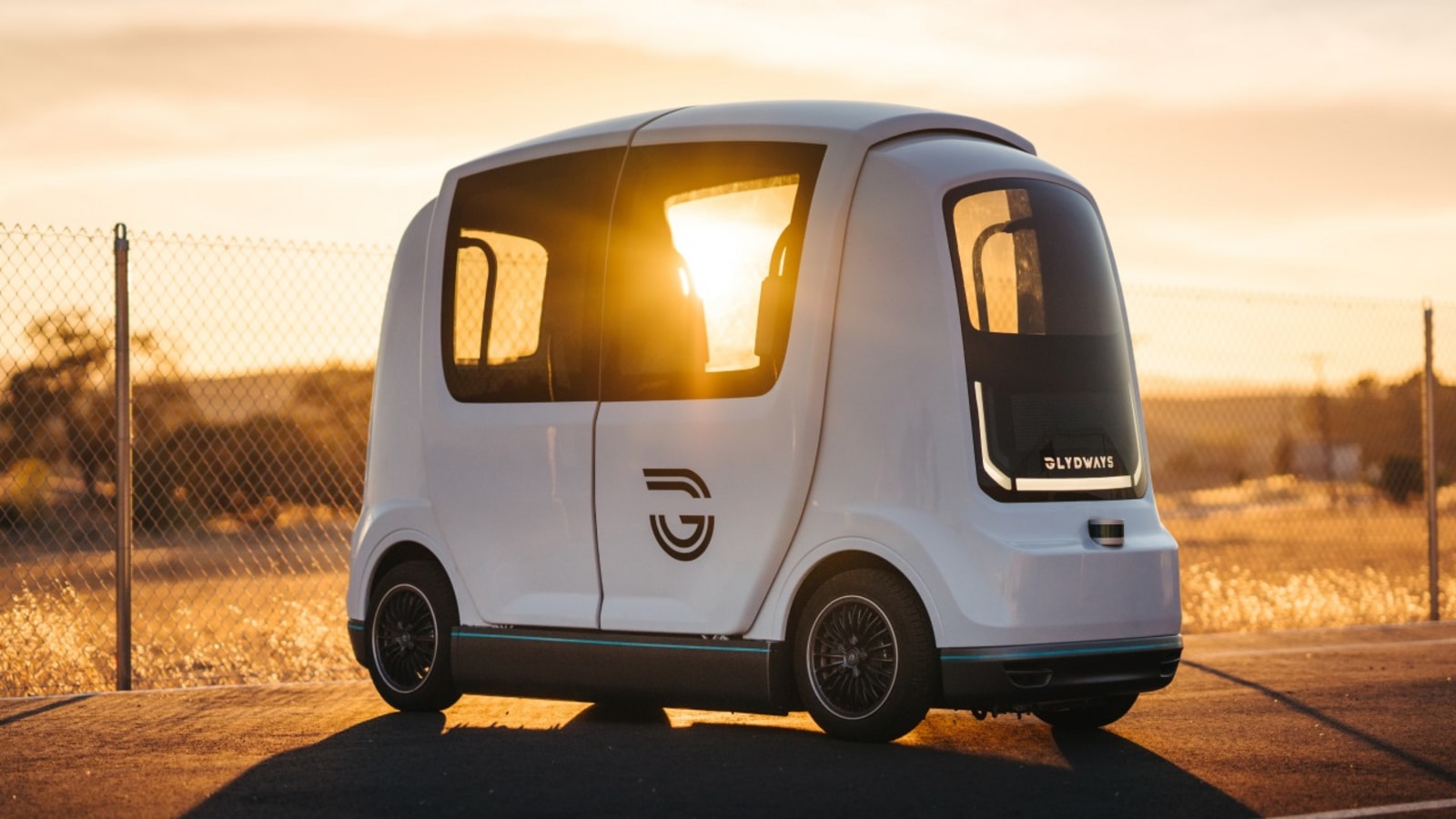Glydways Inc., a robocar network startup, has secured $76 million in Series B funding, backed by OpenAI co-founder Sam Altman, Suzuki Motor Corp., Mit
…
Robocar network startup Glydways Inc., based in South San Francisco, has garnered support from OpenAI co-founder Sam Altman and Japanese automaker Suzuki Motor Corp., marking a pivotal step in its expansion into Southeast Asia.
Glydways, an autonomous vehicles and infrastructure company, has raised $76 million in its Series B funding round. This round includes contributions from Altman’s Apollo Projects and a consortium of new investors such as Suzuki, Mitsui Chemicals Inc., and oil refinery operator Eneos Holdings Inc. Previous investments from Bill Gates’s venture fund and Khosla Ventures are also part of this total. This fresh influx of capital values Glydways at an estimated $350 million to $400 million, according to sources familiar with the matter.
Also Read : Elon Musk proposed to launch Tesla robotaxi in China, says report
Founded seven years ago, Glydways is aiming for further growth with plans to initiate another fundraising round later this year to support its research and development efforts and expand its workforce, a report by Bloomberg stated. The company is already building a robocar network in San Jose and is now setting its sights on Southeast Asia, leveraging the support of its new Japanese backers to make significant inroads.
Expansion and Strategic Partnerships
The endorsement from Japanese manufacturers propels Glydways’ vision of driverless cars and specialised roads closer to fruition. The company is establishing an office in Tokyo this month and is actively exploring manufacturing partnerships, including a significant collaboration with Suzuki. Mark Seeger, the founder of Glydways, emphasised that Suzuki, renowned for its production of small, cost-effective cars, is an ideal partner for producing the compact, four-person Glydcars.
“Teaming up with Japanese companies will be key to winning new business in crowded cities around Asia, such as those in Vietnam, the Philippines, and Indonesia,” Seeger stated in an interview. He highlighted the importance of Japanese companies’ commitment to quality and safety and their strong market presence. Suzuki’s joint venture in India, Maruti Suzuki Ltd., is the leading carmaker in the country, further bolstering Glydways’ strategic positioning.
“Suzuki believes that small things beat big things. And I love that,” Seeger said. “To us, Japan is the launching pad to the rest of the world, be it the Middle East — where I spend a lot of my time — or Asia Pacific.”
A representative from Mitsui Chemicals confirmed their investment, stating, “Glydways’ efforts help address both environment and traffic issues.” An Eneos representative added that the oil refiner would contribute to Glydways’ progress by “synergizing our energy infrastructure and car solution infrastructure.” However, Suzuki representatives declined to comment, and Apollo Projects did not immediately respond to a request for comment.
Glydways’ proposal involves networks of narrow roads dedicated to its driverless vehicles, which operate on demand and maintain an average speed of 50 kilometers per hour, transporting users directly to their destinations without stops. This model requires only a fraction of the space needed for traditional train tracks, making it a potentially revolutionary solution for urban mobility.
The company, which initially received a $5 million investment from Japanese used-car dealer Heiwa Auto Co., aims to begin passenger services between San Jose Mineta International Airport and the city’s central Diridon Station in the US by 2028. Despite the ambitious plans, one of the primary challenges remains securing land in densely populated metropolitan areas for building new roads and stations.
“If we’re successful, a multi-trillion-dollar industry will completely change,” Seeger said, envisioning a radical transformation in daily transportation. “It either really works or it really doesn’t. If it really works, then we have over 4,000 cities that are in urgent need of mobility that we must go to.”
First Published Date: 15 May 2024, 12:42 PM IST

